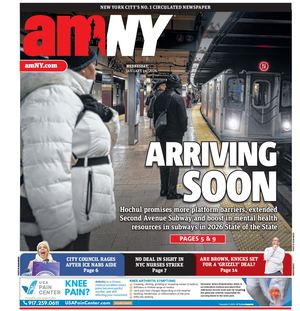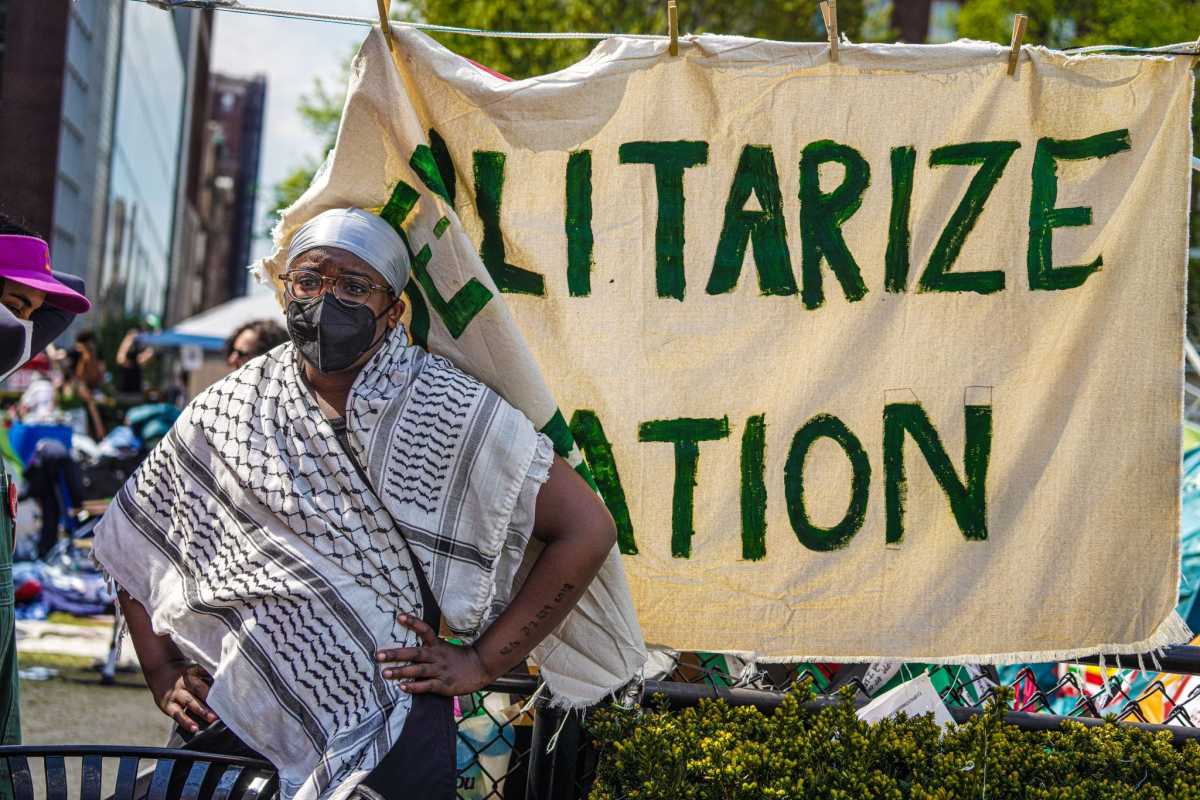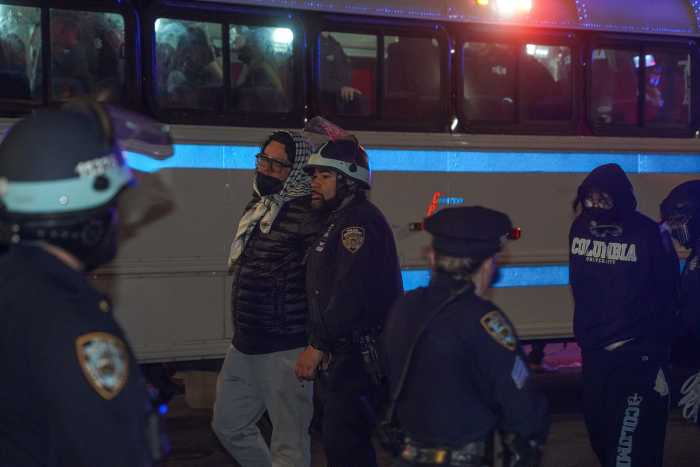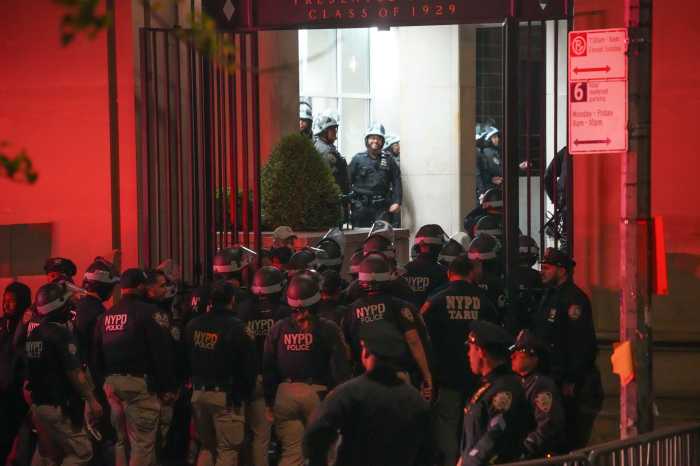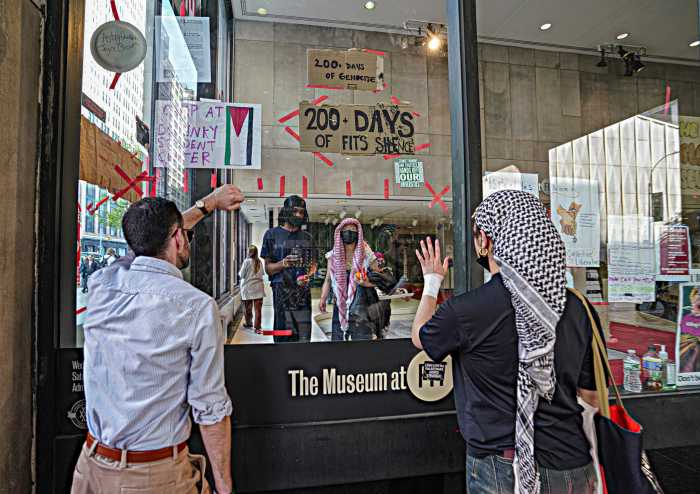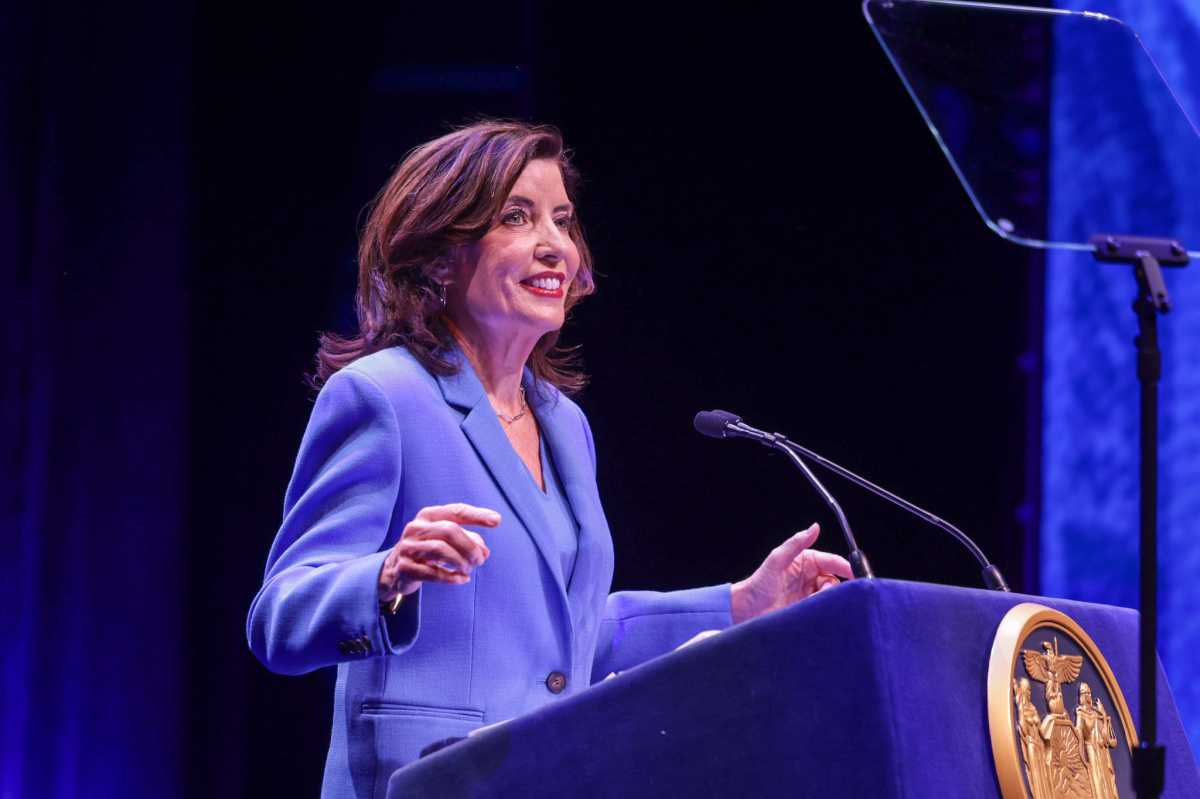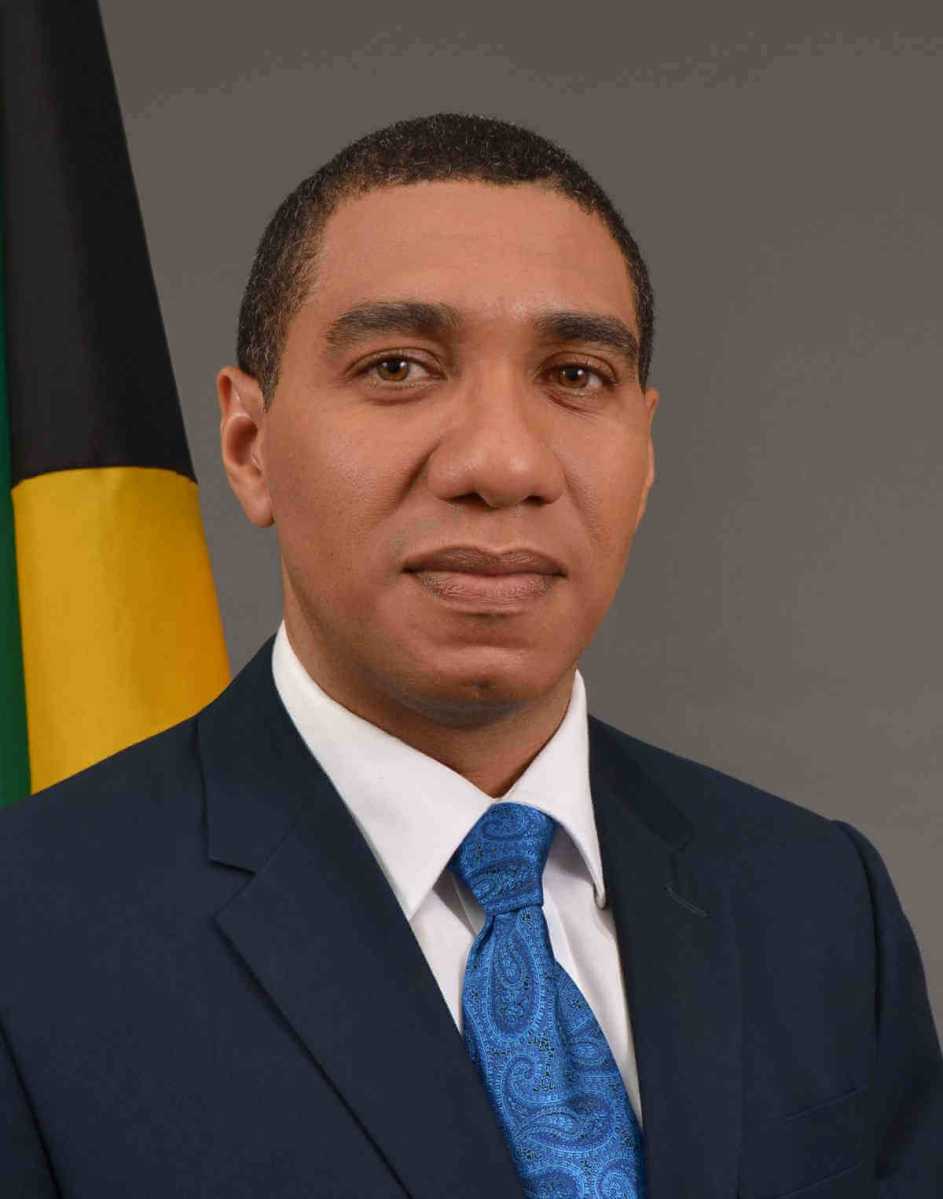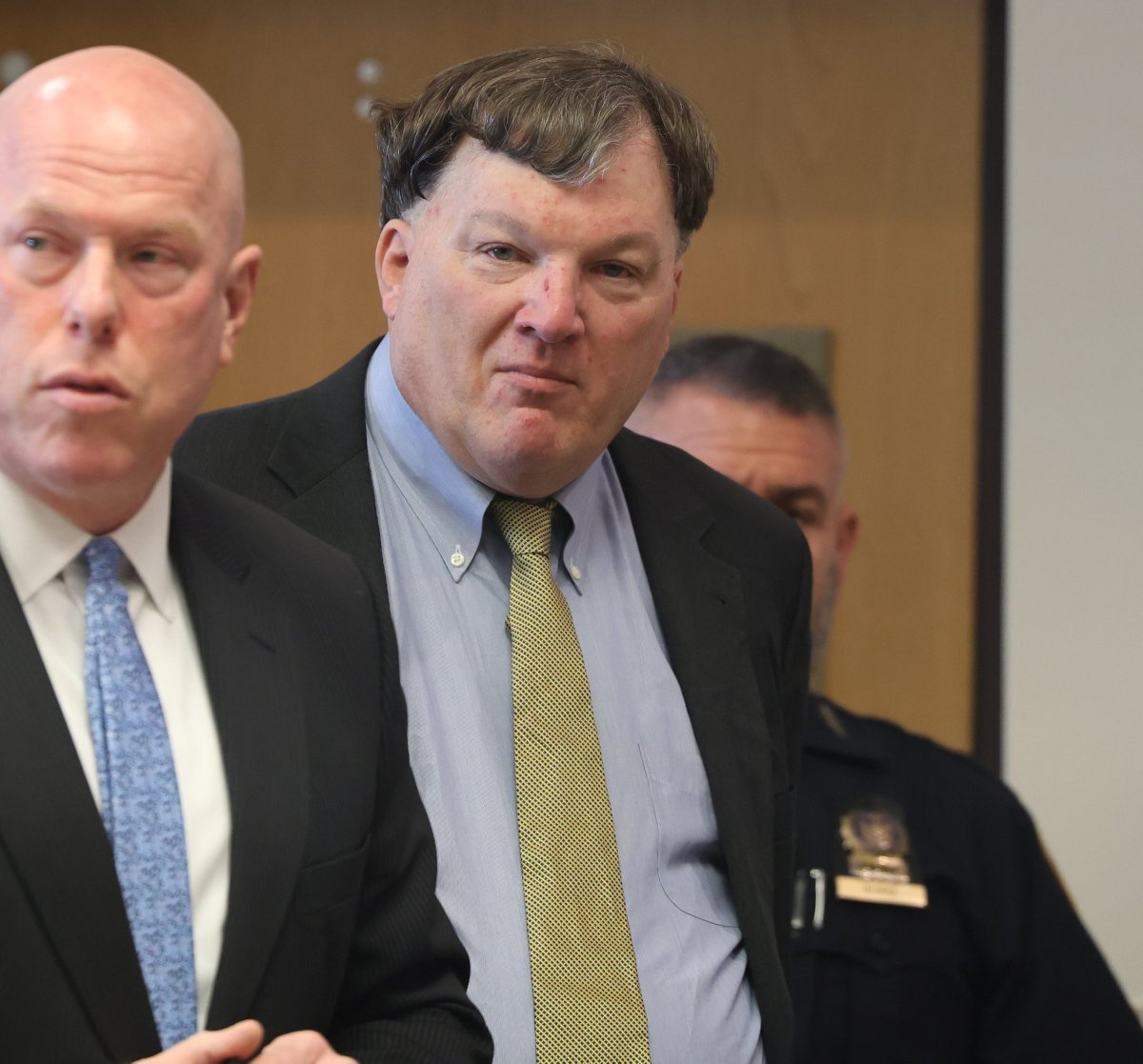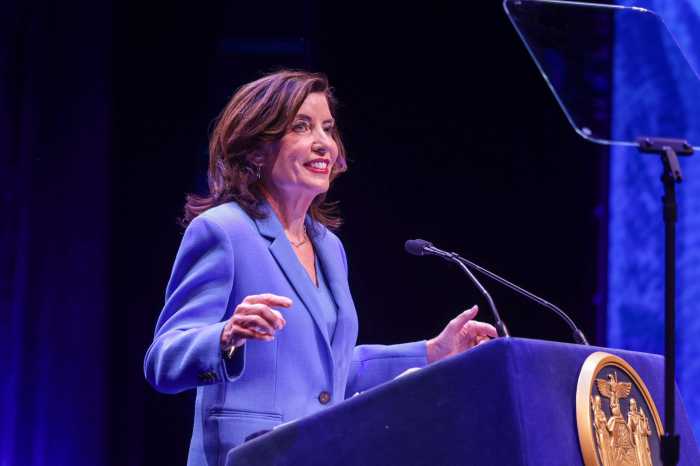Columbia University says it has begun suspending students who failed to comply with a 2 p.m. deadline Monday to vacate their encampment on the lawn.
The deadline to move or face consequences came amid high tension on campus, as both students participating in the more than 12-day-old pro-Palestine protest and faculty chose to defy the administration’s warning, issued Monday morning to clear out or face disciplinary action.
Hundreds marched around the nearly two-week-old encampment as the clock struck 2, with many saying that they refused to back down. Faculty and staff interlocked their arms and formed a human barricade at the entrance to the tent site.


According to the university, if students in the encampment show proper identification that they are enrolled in Columbia and sign a disclosure stating that they will abide by school rules, they will not be suspended and remain in “good standing.”
This all came as the university’s administration threatened to enact mass suspensions and other disciplinary measures against those who have chosen to dig in on the lawn.
However, this was just the latest in a series of deadlines that seems to have no effect on thinning out the encampment.



Still, in a late afternoon press briefing Monday, Columbia University Vice President of Public Affairs Ben Chang declared that some students are in the process of being suspended and will not be able to graduate.
“We have begun suspending students as part of this next phase of our efforts to ensure safety on our campus,” Chang said. “Students who agreed to leave and sign a form committing to abide by university policies will be allowed to complete the semester. Students who do not will be placed on suspension, ineligible to complete the semester or graduate and will be restricted from all academic, residential and recreational spaces.”
Amidst the chaotic scene, Public Advocate Jumaane Williams visited the encampment and weighed in on the stalemate and if police should be once again called on — just as the NYPD had done, on April 18, at the university’s request.
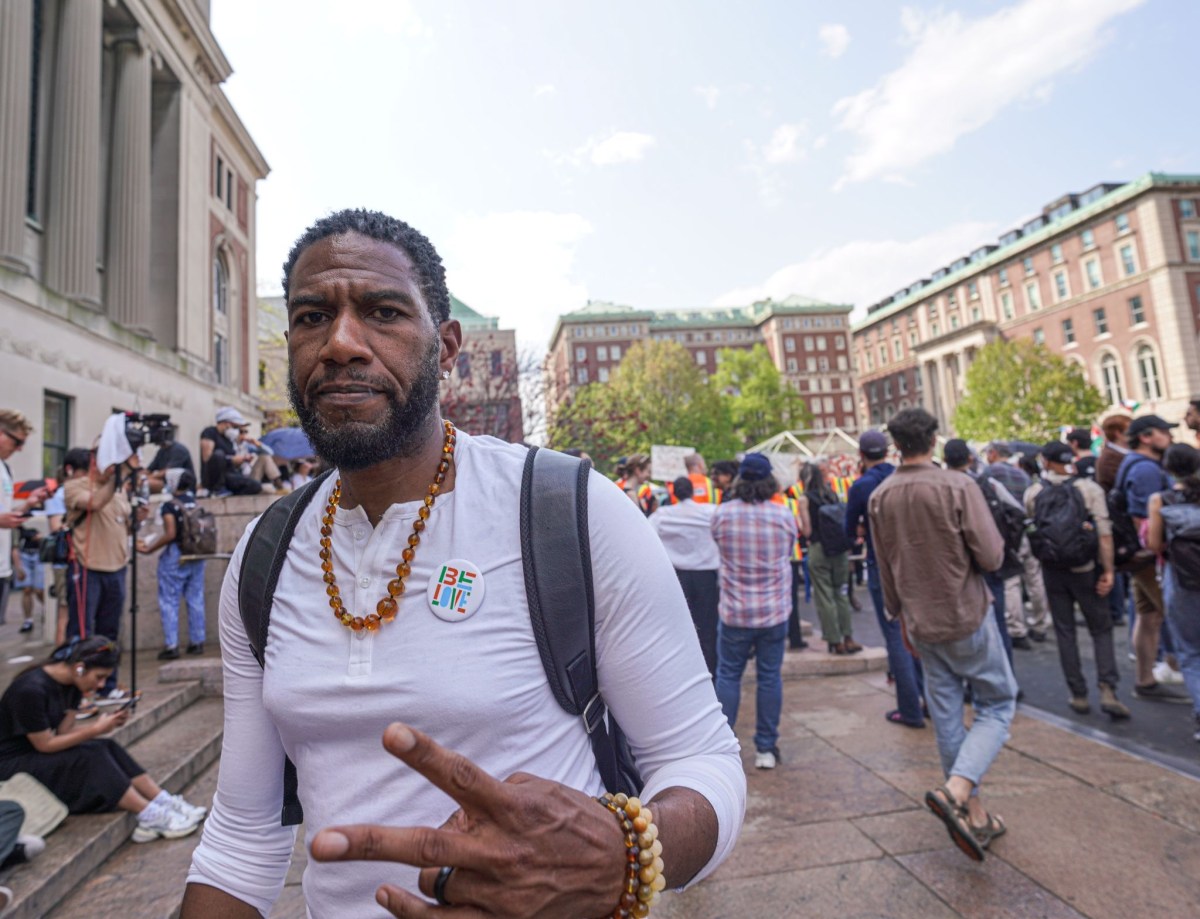
“I think that response caused a reaction that probably may not have happened, that’s why we have to be very careful about it,” Williams said. “When do you do it? How do you do it? Why do you do it? I think students are nonviolent protesting for a couple of weeks, not doing anything that is destructive, and I don’t know if that is a reason to come out.”
Williams also spoke about the allegations of antisemitism and hateful rhetoric on campus. The public advocate says he has seen this but believes it is not coming from the students themselves.
“I’ve seen hate speech all over antisemitism, Islamophobia, and racism. There’s a lot of elements here, but I don’t think it’s from the students, that’s really important. I think the issue they’re raising might be what’s causing such a visceral response,” Williams said.

Read more: Police Search for Suspect in Stabbing of 66-Year-Old in NYC
